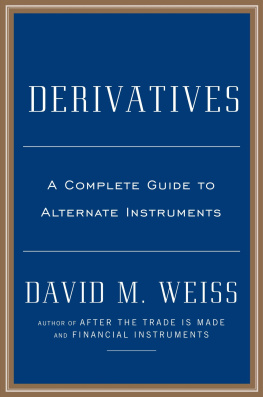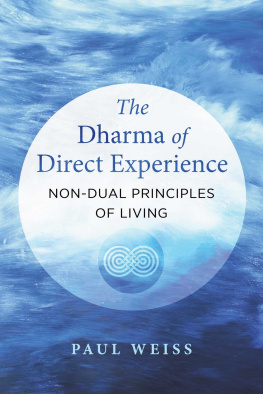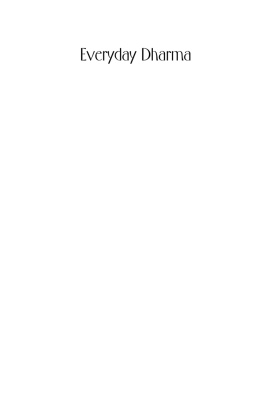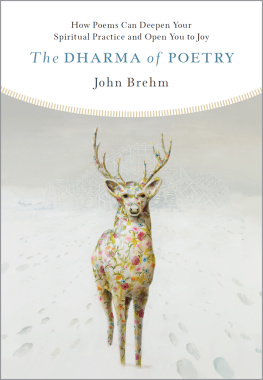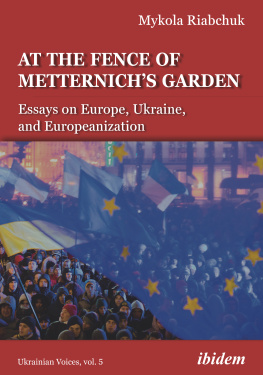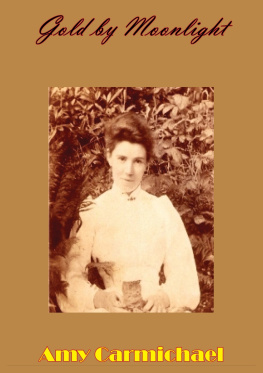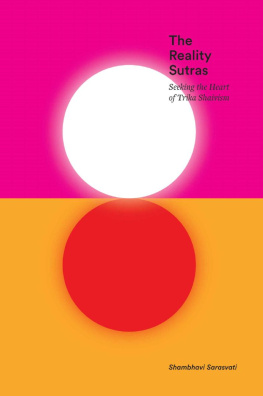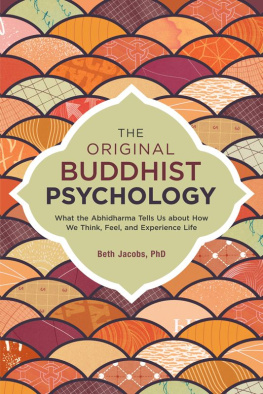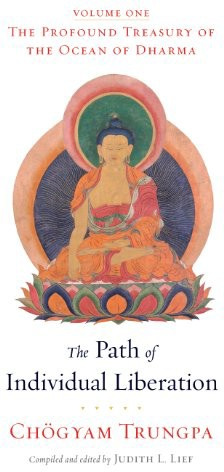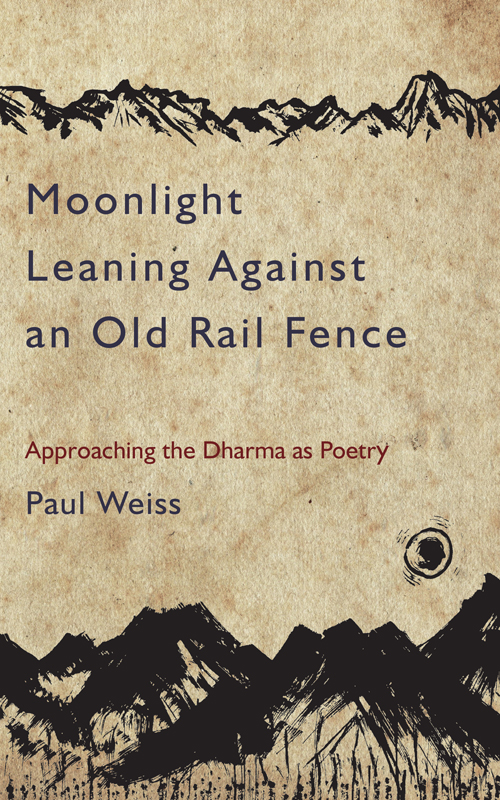Moonlight
Leaning Against
an Old Rail Fence
Approaching the Dharma as Poetry
Paul Weiss

North Atlantic Books
Berkeley, California
Copyright 2015 by Paul Weiss. All rights reserved. No portion of this book, except for brief review, may be reproduced, stored in a retrieval system, or transmitted in any form or by any meanselectronic, mechanical, photocopying, recording, or otherwisewithout the written permission of the publisher. For information contact North Atlantic Books.
Published by
North Atlantic Books
Berkeley, California
Cover art by lalan/Shutterstock.com
Cover and book design by Susan Quasha
Moonlight Leaning Against an Old Rail Fence: Approaching the Dharma as Poetry is sponsored and published by the Society for the Study of Native Arts and Sciences (dba North Atlantic Books), an educational nonprofit based in Berkeley, California, that collaborates with partners to develop cross-cultural perspectives, nurture holistic views of art, science, the humanities, and healing, and seed personal and global transformation by publishing work on the relationship of body, spirit, and nature.
North Atlantic Books publications are available through most bookstores. For further information, visit our website at www.northatlanticbooks.com or call 800-733-3000.
Library of Congress Cataloging-in-Publication Data
Weiss, Paul, 1947- author.
Moonlight leaning against an old rail fence : approaching the dharma as poetry / Paul Weiss.
pages cm
ISBN 978-1-58394-945-0 (paperback : alk. paper) ISBN 978-1-58394-946-7 (ebook)
1. Buddhist poetry, American. I. Title.
PS3573.E41625M66 2015
811.6dc23
2014025225
for Lex Hixon,
who in ways I do and do not understand is spiritual godfather to this book, and who continues to teach me from beyond the grave
for Martn Prechtel,
who gave me a hand down into the well of ecstatic memory
and showed me an earth big enough to hold my grief
for Walter Nowick,
who first pinched my ass so many decades ago
for Sifu Sheng-yen,
who said the word Relinquish at just the right moment
for Sant Ajaib Singh Ji Maharaj,
who graciously drew me into his Body of Light
for Alexandra,
and the divine family gifted us in this earthly cycle
and for Joey
and for the reader
martn says
the only way to die
is full speed
on horseback
that is how it is
meeting you like this
ACKNOWLEDGMENTS
I offer my thanks to all those who have read, critiqued, and encouraged me during the time of this writing, including my own students, and especially Ann Hooke, whose marked-up pages and questions on the original manuscripts were most encouraging of allbecause I was given a sense of the immediate relevance of what I was writing. And in particular, to Joseph Rubano; Squidge Liljeblad Davis, who has also been one of my essential bridges to the unseens; and Albert LaChance. It was in previous correspondence with Albert that I was newly empowered by the pleasure and freedom of translating what was most important to me into writing.
To all who have given to me in this lifetime and, equally, to those kind enough to take from me: you have all made this life possible.
And I especially acknowledge and thank Bettina Dudley, angel of emptiness, who has been dedicated to this book from the beginning, faithfully typing every page and every revision, and never flagging in enthusiasm. If not for her generous and tireless (and forgiving) friendship, and her overall support for the work I do, I might already be living a prematurely peaceful and unproductive life.
CONTENTS
This book is first and foremost a book of poetry. By poetry I mean that playthat idiosyncratic dancewith what is fundamentally inexpressible, but which leaves us mysteriously revived and encouraged about the uncertain prospects for our existence here, for it gives air to the wild part of the soul, which is itself poetry, and which may be otherwise suffocating with the presumed literalness of our condition.
The book began as an evening presentation a few years ago, in which I gathered together several poems as the basis for a dharma talk. These grew into a small selection of poems entitled Not by Knowing, which in turn grew into this book. As I set out to write a commentary for each poem, I would sometimes find myself writing instead a commentary for a poem not yet in the collection. And so this book guided me in its growth, and it has been a pleasurable friendship.
The particular poems gathered here have been borrowed, or conscripted, from many periods of my writing, expressly to be offered as a sacrifice to the greater whole that this book is intended to be. Ultimately, it emerged for me as one long poem utilizing both prose and poetry. It is not interested in philosophy as such; but when it becomes philosophical, or even academic in places, it is only intended to be in service to the greater poem. This is a multi-course dinner. There is food here for the intellectual mind; there is food here for the poetic mind; there is food here for no mind. Thus, though some commentaries are dense and some are light, there is some dialogue and, I hope, fresh air blowing between them. No commentary stands entirely alone, just as one side of a paradox is deceptive if it stands alone. They are meant to carry weight for one another.
A poem is like one half of a torn treasure map, meant to be completed in the readers mind. There is no need to shortchange that relationship. I recommend that you approach the poems first and take some time to make their acquaintance on their own termsor on your own terms. Then you will have something of your own authority, and your own space of mystery, to bring to the commentary, which, after all, is only the authors half of the dialogue. When you do arrive at a commentary, I hope you will be able to experience it as an extension of that same jagged line, that mysterious half of the treasure map; one that adds new clues and new value to the complex (or deceptively simple) code that speaks through the poem. When you do return to the poem againand I hope you willit may echo that much more.
The poems and commentaries are deliberately sequenced, and so, as parts of a greater poem, they are intended, and may most profitably be read, in the presented order; especially since some of the later commentaries make references, or repeat ideas or phrases without explanation, in allusion to earlier commentaries. (That being said, I will not be surprised to see people turning to chapters randomly, by inclination, or even opening the book blindly in the fashion of an oracle.) The poems are ultimately proclamations of good news. As such, they are basically the same good news. The commentaries wish to be poetic extensions or play upon that same good news. And, as each commentary arose as the spontaneous response to its poem, the news frequently repeats and overlaps.
There is something wanting to be conveyed here. It is conveyed directly, in part, I hope, through the use of words spoken with some clarity. It is conveyed indirectly, in part, in the integrated whole or the overall impression made by the book. There is a repetitive theme running through all the poems and commentaries, and I hope they will each lend support to one another; although some may go down easy and some will take more work and slow digestion, your mind neednt struggle too long with one that remains less approachable. Just as with a crossword puzzle, you only linger so long on one word until you allow other words to help fill in the gaps and make the earlier ideas more clear. Or, on the other hand, you might feel free to take the time to walk with me slowly up the twisting mountain trail of some of the steeper commentaries, and not be discouraged by the occasional thicket, the narrow rock ledge, the need to slow down and assess the landscape, one sentence at a time, as the author must have done, lingering or rerouting as needed, not glancing by but giving the terrain time to be assimilated, time to do its work on us. Either way, a whole may begin to assemble itself, perhaps even subliminally. Id like that.


